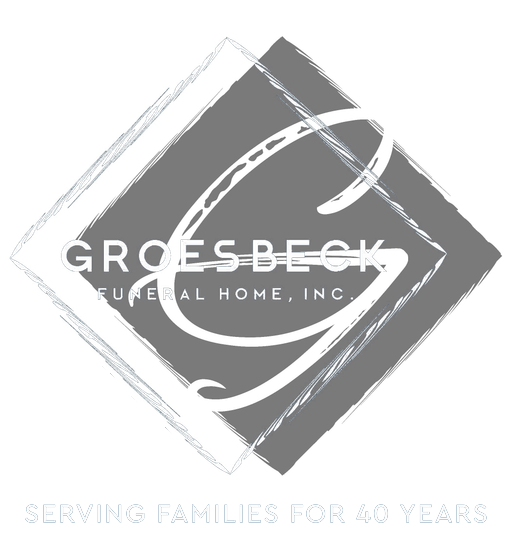FREQUENT QUESTIONS
Frequent Questions
Click on the questions below to reveal each respective answer.
-
What services do funeral directors perform?
The funeral director's job is to assist the bereaved in various ways to help them through the loss of a loved one. A funeral director provides bereavement and consolation services for the living, in addition to making arrangements for the cremation, burial, and memorial services for the deceased. He fulfills the role of funeral arranger, funeral director, funeral attendant, and embalmer.
The following list is not all-inclusive, but describes some of the major tasks of a funeral director:
- Removal and transfer of the deceased from the place of death to the funeral home
- Professional care of the deceased, including embalming, casketing, and cosmetology
- Consulting with family to make arrangements for the funeral service
- Filing certificates, permits, and other required forms
- Obtaining copies of the death certificate
- Arrangements with the cemetery, crematory, or other places of final disposition
- Creates and publishes the obituary
- Arrangements for clergy, music, flowers, transportation, pallbearers, and special fraternal or military services
- Directs and manages the funeral service and the funeral procession
- Assists the family with death-related claims, including Social Security, VA insurance, grief counseling
-
Why Pre-Plan?
Important events in life require preplanning. Births, weddings, graduations, anniversaries and retirement command our best planning efforts to ensure success. However, we may neglect planning for the most significant event of all, a funeral. We would never dream of waiting two days before a wedding to begin our plan. Here are some good reasons to plan in advance:
Your loved ones will not have the burden of making difficult decisions
Your precise wishes are fulfilled - choice of casket, vault or urn; ground burial, mausoleum, entombment or cremation
You will never pay more for the goods and services selected today, regardless of inflation
Helps to protect loved ones from disagreements, disputes and confusion
Decisions are made without emotional stress and time constraints
Shields your assets
It's a kind considerate gesture to those you leave behind
Provides vital information needed by the State of Texas
· What information should I bring to the arrangement conference? In this tab can we add the attached PDF of the fillable information form and Arrangement Form for the family’s convenience. Also state somehow in this section the funeral director will provide a link via text or email to complete all information online at the time of death from the comfort of your home on any internet connected device.
-
Why are funerals so expensive?
A traditional funeral involves a number of services which add to the total cost. Besides a non-declinable basic services fee, other charges may include removal/transfer of the body to the funeral home; embalming; other preparation of the body; use of facilities and staff for viewing; use of facilities and staff for the funeral ceremony; use of a hearse, service car, or van; a basic memorial printed package; metal casket, a vault or grave liner, and purchase of a cemetery plot.
-
What is the purpose of a funeral?
A funeral or memorial service provides an opportunity for the living to show respect for the deceased and pay tribute to their life. It provides a framework to freely and openly express our beliefs, feelings, and thoughts about the death of our loved one. It gives us permission to grieve our loss, share in solidarity, and gain strength from others who are experiencing the same loss.
-
What are the choices for funeral services?
The four main types of funeral services include the traditional funeral service, the memorial service, the committal service, and the affirmation or celebration of life service.
-
Can you still have a funeral if you choose cremation?
Yes, cremation or burial is merely the disposition of the body. Funeral services are to honor and remember your loved one, regardless of disposition.
-
Can I plan in advance if I choose cremation?
You can also go one step further by prepaying for your funeral. Some benefits to prepaying include freezing certain services and merchandise at the current price and alleviating the financial burden after death occurs and can be made in incremental payments.
-
What information should I bring to the arrangement conference?
- Advance Directives - If the deceased left any written advance directives concerning the disposition of his remains and memorialization, you need to bring them with you. These instructions may be found in a will, or there may be a formally witnessed disposition directive, funeral pre-arrangements, or a pre-need contract.
- Military Discharge Papers
- Details on any cemetery property owned by the deceased or the family (grave plot, columbarium space, etc.)
- Recent photograph of the deceased and any personal effects that you wish to be included in the viewing or burial
- Specific information on the deceased:
- Full legal name
- Address
- Marital status
- Social Security number
- Date of birth
- Place of birth (city and state)
- Educational history (number of years of schooling)
- Armed Forces service dates and serial number
- Occupation or profession
- Parent's names, including mother's maiden name
- Next of kin and other survivors










